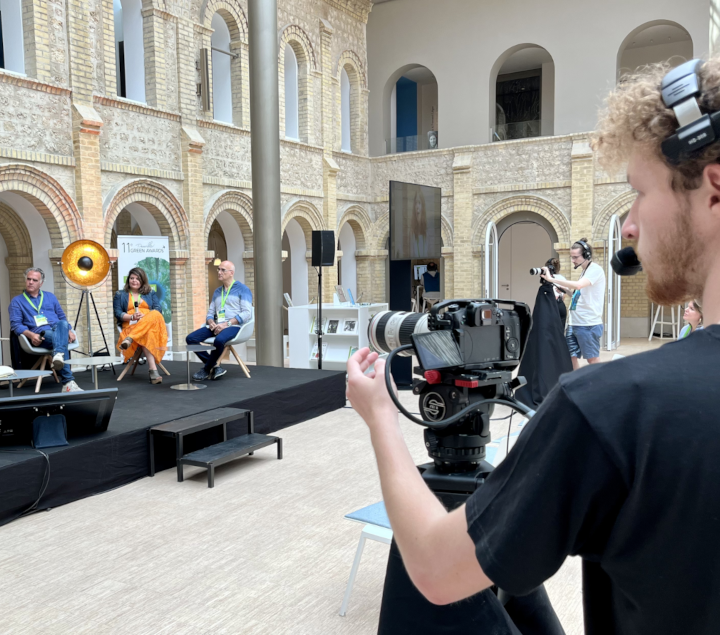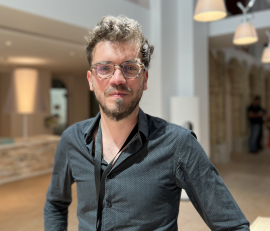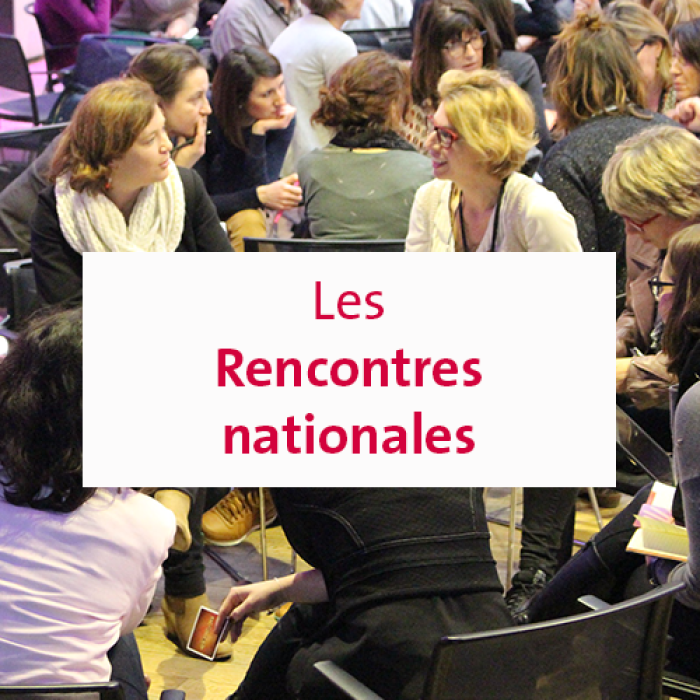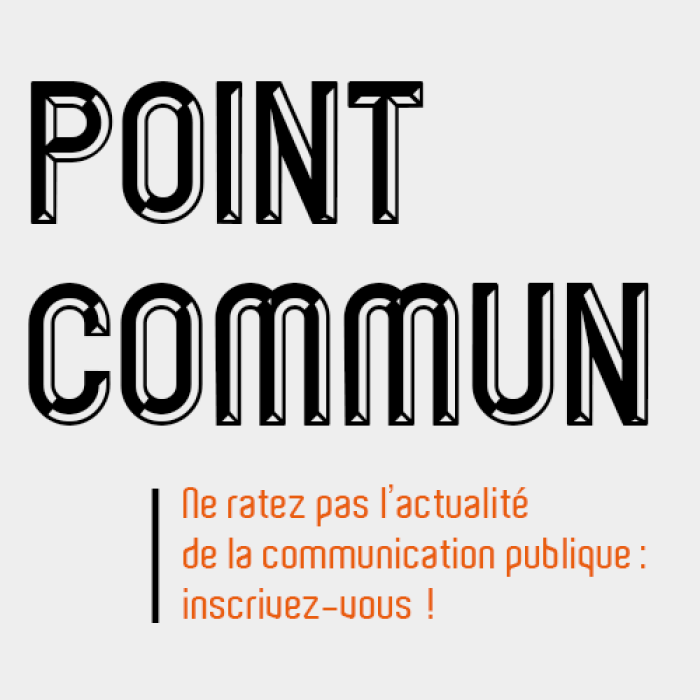
Communicating transition through film
The tenth edition of the Deauville Green Awards has just taken place, underscoring the sheer energy and drive of the cinema and film community in its effort to promote the socio-environmental transition. Over and above the major general-interest, awareness-raising productions and the more special-interest, expert issues, this edition has spotlighted the power of emotion as a driver for learning on an individual level. An awareness driver, ideal for this medium.
Commonality: Can you tell us something about the International Festival of Responsible Films?
Jonathan Peynet: This edition saw 525 films in competition and 300 festival-goers, with around 100 films screened. The festival is geared towards professionals in film-making and sustainable development on an international level. Half of the films come from outside the French-speaking community. Right from the outset, the idea has been to link up sustainable development stakeholders with communicators and creatives. We’ve seen it with the IPCC’s recently published report : scientists have a lot of projects, but are short on the communication skills necessary to publicise them. Here, we have the people who can do that.
The core concept behind the festival is to bridge the gap between these two worlds - stakeholders and communicators - so that all these committed people can have an impact, because there’s no time to lose! Among these stakeholders - and I know it’s an issue dear to your heart - some of this year’s award-winners are public-sector communications people. I noted the City of Marseille, the Normandy Region, a few major public service operators (such as the CNDP, France’s national commission for public debate). We also brought a number of government ministers onboard, along with the ADEME (France’s ecological transition agency).

Commonality: How do you go about promoting your event?
Jonathan Peynet: For the past 10 years, we’ve been relying on an international stakeholder network. It’s an effective promotional tool and we’ve been working to expand it. We’ve opened offices in Berlin, Barcelona and Paris. Throughout the year, we call these stakeholders to talk to them about what they’re doing in terms of campaigns and films. For example, we might talk about the work of the European Commission, which ran an inspiring campaign with its Directorate-General for European Civil Protection and Humanitarian Aid Operations. They’ve realised that a growing share of their budget is actually devoted to the consequences of climate change : “Climate connect”.
Commonality: Can you tell us more about it?
Jonathan Peynet: The idea behind the campaign is to connect young Europeans with other young people from the rest of the world so that they can each talk about how they feel about these issues. It’s quite a novel initiative. At two different spots, we can see a young militant in the Dominican Republic and another in Zimbabwe. This communication shows the interaction between young Europeans and them. They get talking about topics such as “we’re feeling the impact”, “how can we adjust?”, “how can we become resilient?”, etc. We’ve noted that there’s a lot of learning content, but also a chatbot on their dedicated Facebook page. It’s an interesting initiative because when we speak, the system recognises where we come from and what language we’re speaking, and makes it possible for us to discuss whatever subject we like. The system is very popular with young people. It’s the expression of a strong partnership with Europe and with young people from all over the world.
This year’s major award-winners are films that really lay it on the line.
Commonality: What are the trends in responsible film-making for 2022?
Jonathan Peynet: There’s greater transparency and more honesty. In the end, it’s very difficult to hide behind a policy of incremental change. And that’s reflected in the fact that this year’s major award-winners are films that really lay it on the line.
Commonality: How can we communicate more forcefully on climate issues?
Jonathan Peynet: What came out of all the debates here in Deauville is that there are different approaches for different audiences. In practice, there are different types of message for each target audience, even though the angles are complementary. What we’ve seen, in the end, is that it is really very difficult to try to address everyone at once. I also noticed a new trend when I was talking to young YouTubers. There are humourous and off-beat approaches but, at the same time, there are also anxiety-provoking messages. In the social media world - as in the rest of the broadcasting planet - story-telling is a way of reaching all sorts of receivers. Because we all have our own specific sensitivity, our own cultural and scientific background. So we are more or less receptive to certain discourses. My advice to communicators on these issues would be to go where you feel best qualified and most effective. That way, you eventually find your audience.
It’s a general feeling of being at home, of being at one. And we’ll manage to change the status quo.
In practice, and in business speak, that means finding the right angle. Whether it’s young creatives, businesses, institutions, TV channels, whatever... everyone gets through to their audience. At this year’s Deauville Green Awards, we also noticed a transgenerational, cross-industry meshing, and we find ourselves beyond categories, beyond little boxes. It’s a general feeling of being at home, of being at one. And we’ll manage to change the status quo. That’s the crux of the matter: not aiming too wide.



